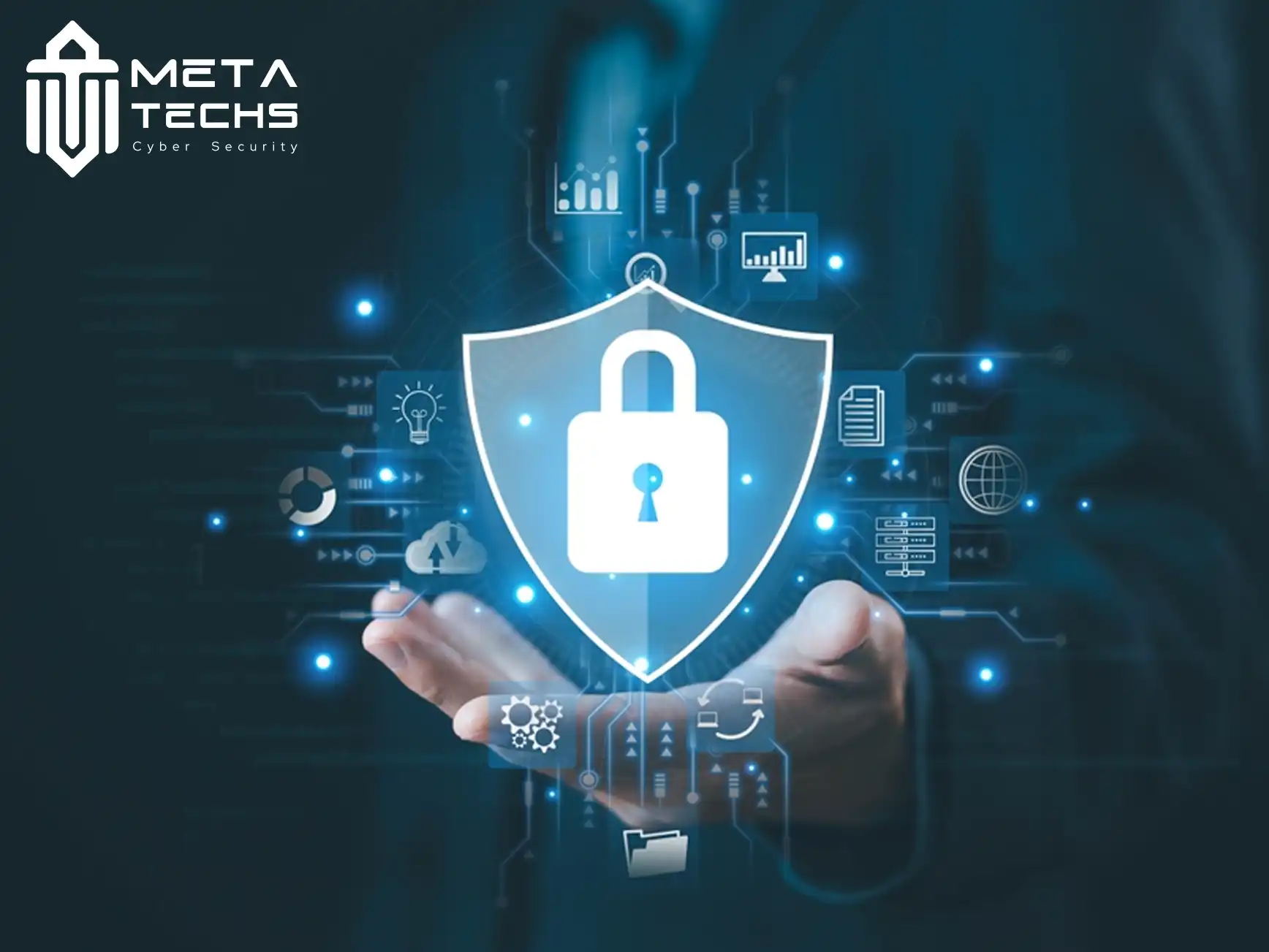Cyber threats are constantly evolving, and the consequences of a data breach can be devastating. From data theft and financial loss to reputational damage and operational disruption, the risks are significant.
To effectively mitigate these risks, it is crucial to partner with a reputable cybersecurity provider. This article explores some features of the top internet security companies in Dubai, offering valuable insights to help you choose the best partner for your specific needs.

Key Features of Top Internet Security Companies
Top internet security companies offer a diverse range of cutting-edge features to protect businesses and individuals from the ever-evolving cyber threat landscape. These features often include:
Advanced Threat Protection:
- Threat Intelligence: Real-time threat feeds, identifying and analyzing emerging threats.
- Intrusion Detection and Prevention Systems (IDPS): Detecting and blocking malicious network traffic.
- Endpoint Detection and Response (EDR): Monitoring and responding to threats on endpoints like computers and mobile devices.
- Ransomware Protection: Advanced techniques to prevent and mitigate ransomware attacks.
- AI/ML-Powered Security: Leveraging artificial intelligence and machine learning for proactive threat detection and response.
Data Security:
- Data Loss Prevention (DLP): Preventing sensitive data from leaving the organization.
- Data Encryption: Encrypting data both in transit and at rest to protect it from unauthorized access.
- Cloud Security: Securing data in cloud environments, including cloud access security broker (CASB) solutions.
- Data Governance & Compliance: Assisting organizations in meeting regulatory requirements (e.g., GDPR, CCPA).
Identity and Access Management (IAM):
- Strong Authentication: Implementing multi-factor authentication (MFA) and other strong authentication methods.
- Identity and Access Management (IAM) solutions: Controlling user access to systems and data.
- Privileged Access Management (PAM): Securing privileged accounts and reducing the risk of insider threats.
- Security Information and Event Management (SIEM):
- Collecting and analyzing security logs from various sources to identify and respond to threats.
- Providing valuable insights into security posture and threat trends.
- Managed Security Services:
- 24/7 monitoring and threat hunting by expert security professionals.
- Incident response services to quickly contain and mitigate security breaches.
- Proactive security assessments and vulnerability management.
These features, combined with robust customer support and a commitment to innovation, are features of Top Internet Security Companies. By leveraging these capabilities, organizations can protect their critical assets and minimize their exposure to cyber threats.
How to Choose the Right Internet Security Company for Your Needs
Selecting the right cybersecurity partner is crucial for effectively protecting your organization’s valuable assets. Here’s how to make an informed decision:
- Define Your Needs:
Before choosing a cybersecurity partner, you need to understand your own security needs. Begin by conducting a thorough security assessment to identify your current security posture, pinpoint existing vulnerabilities, and determine your compliance requirements. at the same time, set realistic expectations for your investment by defining your budget and desired outcomes. Consider your specific industry and any relevant regulations, as these will significantly impact your cybersecurity needs and the solutions you require.
- Research Potential Providers:
Look for companies with a proven track record of success in your specific industry, demonstrating a deep understanding of the unique cybersecurity challenges you face. Assess their service offerings to ensure they provide the specific services you require, such as threat intelligence, incident response, and cloud security. Investigate their credentials and certifications, such as ISO 27001 or SOC 2, which indicate a commitment to industry best practices. Finally, read customer reviews and testimonials to gain valuable insights into their past performance and client satisfaction. These steps will help you make an informed decision and choose a partner that can effectively address your specific cybersecurity needs.
- Technology & Innovation:
To assess a provider’s adaptability to the evolving threat landscape, inquire about their utilization of cutting-edge technologies like AI/ML. Specifically, investigate how they leverage AI/ML for real-time threat detection and response, proactive threat hunting, and security adaptation and automation.
- Adaptability to the Evolving Threat Landscape:
inquire about their threat intelligence gathering and analysis capabilities, their investment in research and development to stay abreast of the latest security technologies and best practices, and their ability to quickly and effectively adapt their services and solutions to address new and emerging threats.
- Communication & Collaboration:
Choose a provider that fosters strong communication and collaboration to ensure a successful partnership. Select a provider willing to work closely with your internal IT team, providing regular updates, addressing concerns promptly, and ensuring a seamless integration of their services into your existing security infrastructure. Look for a transparent and proactive provider in their communication, keeping you informed of emerging threats, providing regular reports on their findings, and proactively suggesting improvements to your security posture.
By carefully considering these factors, you can select the best cybersecurity partner to meet your specific needs and protect your organization from the ever-evolving cyber threat landscape.
The Importance of Partnering with a Top Internet Security Company
In today’s hyper-connected world, cybersecurity threats are constantly evolving, posing significant risks to businesses of all sizes. From data breaches and ransomware attacks to phishing scams and insider threats, the digital landscape is fraught with dangers. To effectively mitigate these risks and ensure business continuity, partnering with a top internet security company is crucial.
By collaborating with a reputable cybersecurity provider, organizations gain access to:
- Advanced Threat Detection and Response: Leverage cutting-edge technologies like AI/ML for proactive threat hunting, real-time threat detection, and rapid incident response.
- Expert Guidance and Support: Benefit from the expertise of seasoned cybersecurity professionals who can provide valuable insights, guidance, and support.
- Enhanced Security Posture: Implement robust security measures, including advanced firewalls, intrusion detection systems, and endpoint security solutions, to fortify your defenses.
- Improved Compliance: Ensure compliance with relevant industry regulations and data privacy standards, such as GDPR and CCPA.
- Increased Business Agility: Focus on core business operations while a trusted partner manages your cybersecurity needs, freeing up valuable internal resources.
- Enhanced Brand Reputation: Demonstrate a commitment to data security and customer trust, which is increasingly important in today’s competitive market.
In Conclusion
In today’s increasingly interconnected world, cybersecurity is no longer an option, but a critical necessity for businesses of all sizes. The ever-evolving threat landscape demands a proactive and multifaceted approach to security. By partnering with a top internet security company, organizations can gain access to the expertise, technology, and resources needed to effectively mitigate cyber risks, protect their valuable assets, and ensure business continuity in a rapidly changing digital world.
FAQs
Q: What are the key indicators that I may need to improve my organization’s cybersecurity posture?
- Frequent malware infections or security alerts
- Difficulty detecting and responding to security incidents.
- Increased security incidents or data breaches.
- Difficulty meeting compliance requirements.
- Lack of confidence in your current security measures.
Q: What are some common cybersecurity threats facing businesses today?
- Ransomware attacks
- Phishing and social engineering attacks
- Data breaches and data theft
- Insider threats
- Supply chain attacks
- Cloud security threats
Related posts:
 Fawry comments on cyber attacks and data leaking
Fawry comments on cyber attacks and data leaking
 Effective Policy for data retention policy best practices
Effective Policy for data retention policy best practices
 the Latest fortinet vulnerability 2024
the Latest fortinet vulnerability 2024
 What Is ISO 27001?, Core Principles, Benefits, and Requirements
What Is ISO 27001?, Core Principles, Benefits, and Requirements
 Cylance Protect Antivirus for Your Digital Assets
Cylance Protect Antivirus for Your Digital Assets
![Rapid7 Vulnerability Management]](https://meta-techs.net/wp-content/uploads/2025/03/What-is-Rapid7-Vulnerability-Management-1.webp)
